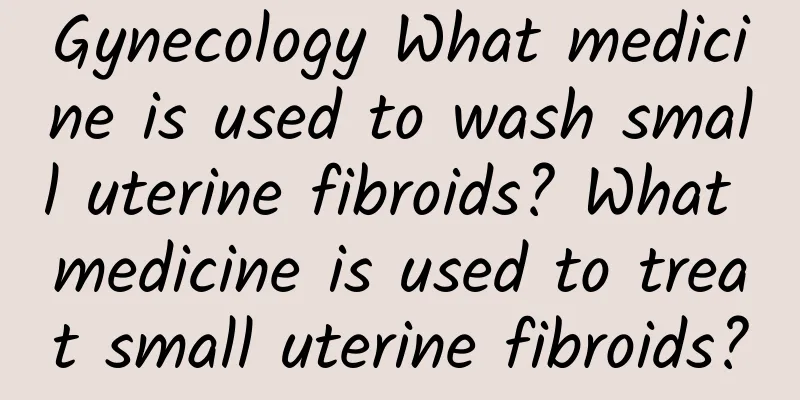How to deal with intrauterine adhesions during pregnancy? Analyze according to the specific situation

|
Pregnant women cannot deal with intrauterine adhesions during pregnancy. However, it depends on the specific situation. If the intrauterine adhesions are mild, then there is no effect on the body. However, if they are severe, the embryo will stop developing, or even the fetus will miscarry. Then surgery is required for separation. Intrauterine adhesions occur only in the uterus. Because of pregnancy or other factors, the base of the endometrium is damaged, causing part of the uterine cavity to fibrosis and form adhesions. This situation has a great impact on women's bodies. It may cause abnormal menstruation or even recurrent miscarriages. So how should intrauterine adhesions be treated during pregnancy? |
<<: Do uterine polyps require surgery? Consider the actual situation
>>: How to self-check uterine cavity adhesion? First look at the high-risk groups
Recommend
Best hospital for the treatment of uterine effusion
Which hospital is good for treating uterine effus...
What harm does the appearance of uterine fibroids cause?
Among the diseases in gynecology, I believe every...
What are the causes of irregular menstruation?
What are the causes of irregular menstruation? Ir...
Provincial zongzi hygiene inspection by the Food Administration: 29 failed
The Dragon Boat Festival is just a few days away....
What to do if you have back pain due to adenomyosis
Adenomyosis is very harmful to the health of fema...
Diet after chocolate cyst surgery
After the operation of chocolate cyst, you should...
Not all PID symptoms are the same!
Do you know the symptoms of pelvic inflammatory d...
Can I have an abortion if I have uterine fibroids?
In life, many female friends do not take preventi...
What are the symptoms of uterine cysts?
The symptoms of uterine cysts vary depending on s...
What is Bartholinitis?
The Bartholin's glands are located on both si...
Childhood obesity is related to mothers' "lack of this one action"! Nutritionist Cheng Hanyu teaches how to serve food in 30 minutes
Childhood obesity is closely related to diet, esp...
Infertility after one year of marriage was caused by ovarian cysts
Ms. Chen is 25 years old and has been married for...
Is it possible to have an oophorectomy for ovarian cysts?
Can ovarian cysts be removed? 1. There are many p...
The main symptoms of acute cervicitis
The symptoms of acute cervicitis are relatively r...
What are the reasons for delayed menstruation?
Delayed menstruation may be caused by normal phen...









